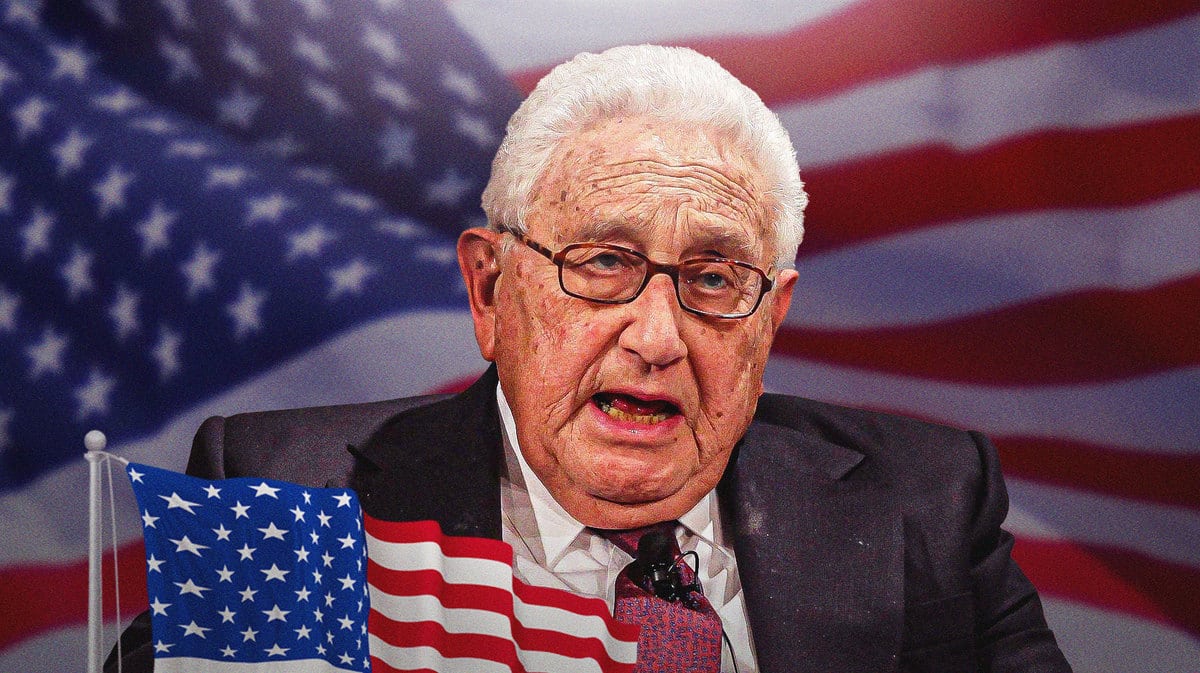Henry Kissinger, known for his influential role during the Nixon and Ford administrations, passed away at his Connecticut home. Despite leaving office in the 1970s, his counsel continued to shape policy for decades. At 100 years old, the political figure leaves history for Americans to remember.
Born in Germany in 1923, Kissinger, who became a US citizen in 1943, served in the Army and later taught international relations at Harvard. His tenure as national security adviser and secretary of state saw the end of the Vietnam War, the opening of relations with China, and efforts in Middle East peace.
In China, Kissinger was remembered as an old friend, while in the US, reactions remained mixed, with some labeling him a war criminal.
At the wake of his death, Henry Kissinger's Realpolitik approach sparked controversy once again, per BBC. Particularly for his involvement in the bombing campaign against Vietnamese communists in Cambodia, leading to accusations of war crimes. Critics also pointed to his prioritization of Cold War rivalry over human rights and support for repressive regimes.
Tributes poured in, with former President George W Bush lauding him as a distinctive voice on foreign affairs. Tony Blair described Kissinger as a diplomatic artist motivated by a love for the free world.
The former U.S state secretary received the Nobel Peace Prize in 1973. But controversy surrounded the award. Despite criticism, he remained a prolific commentator, advising multiple presidents and engaging in international relations until his death.
BBC also reports that he is survived by his wife, Nancy Maginnes Kissinger, two children, Elizabeth and David, and five grandchildren.




















